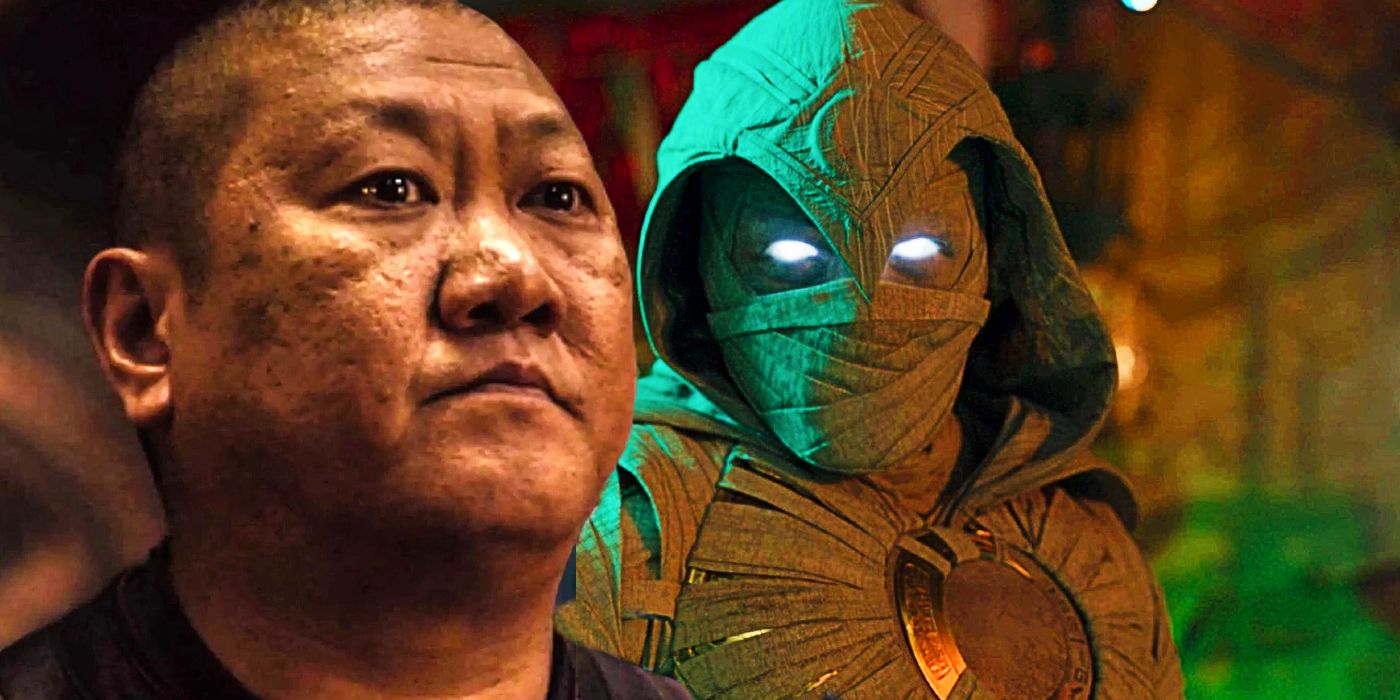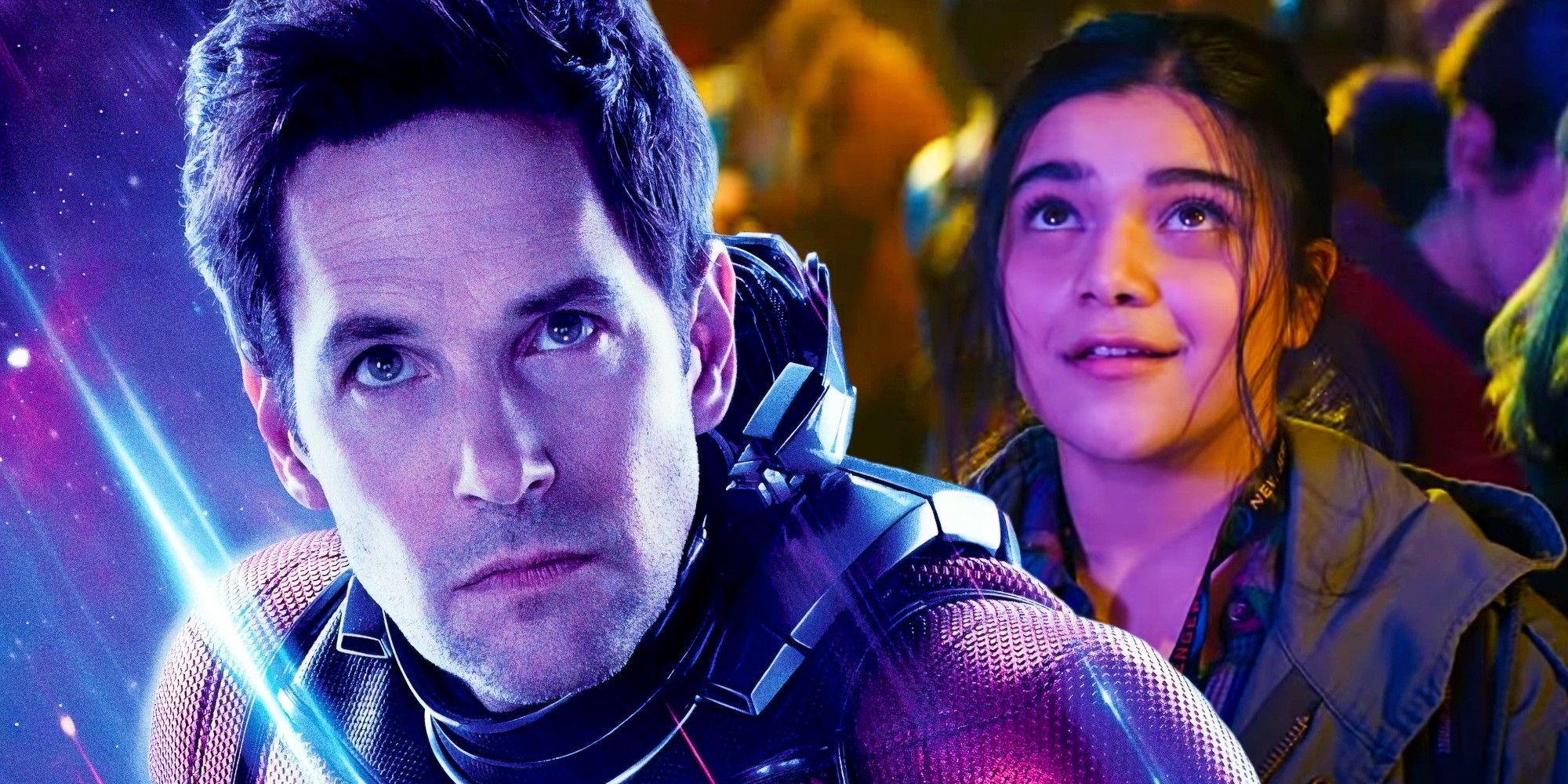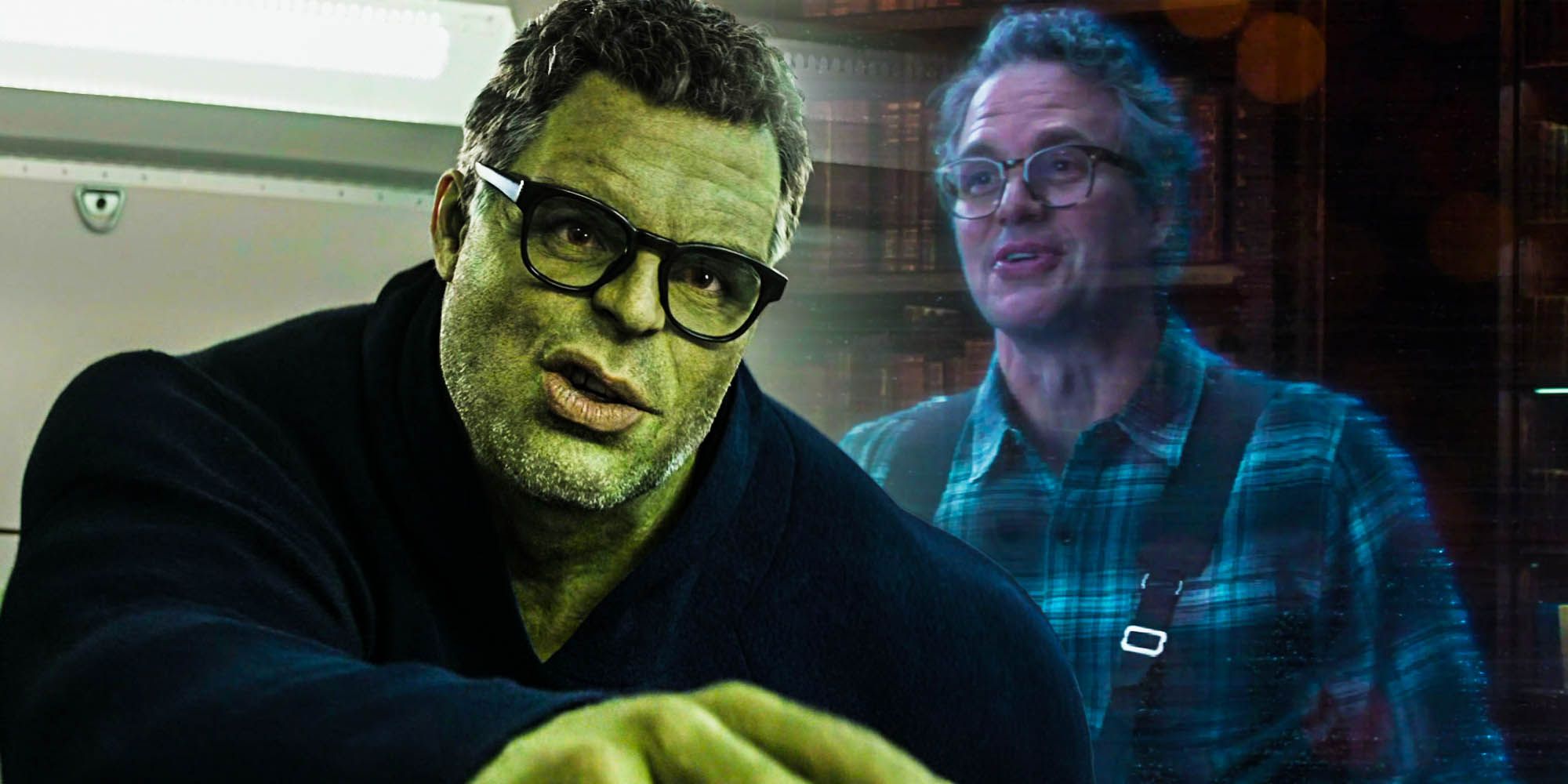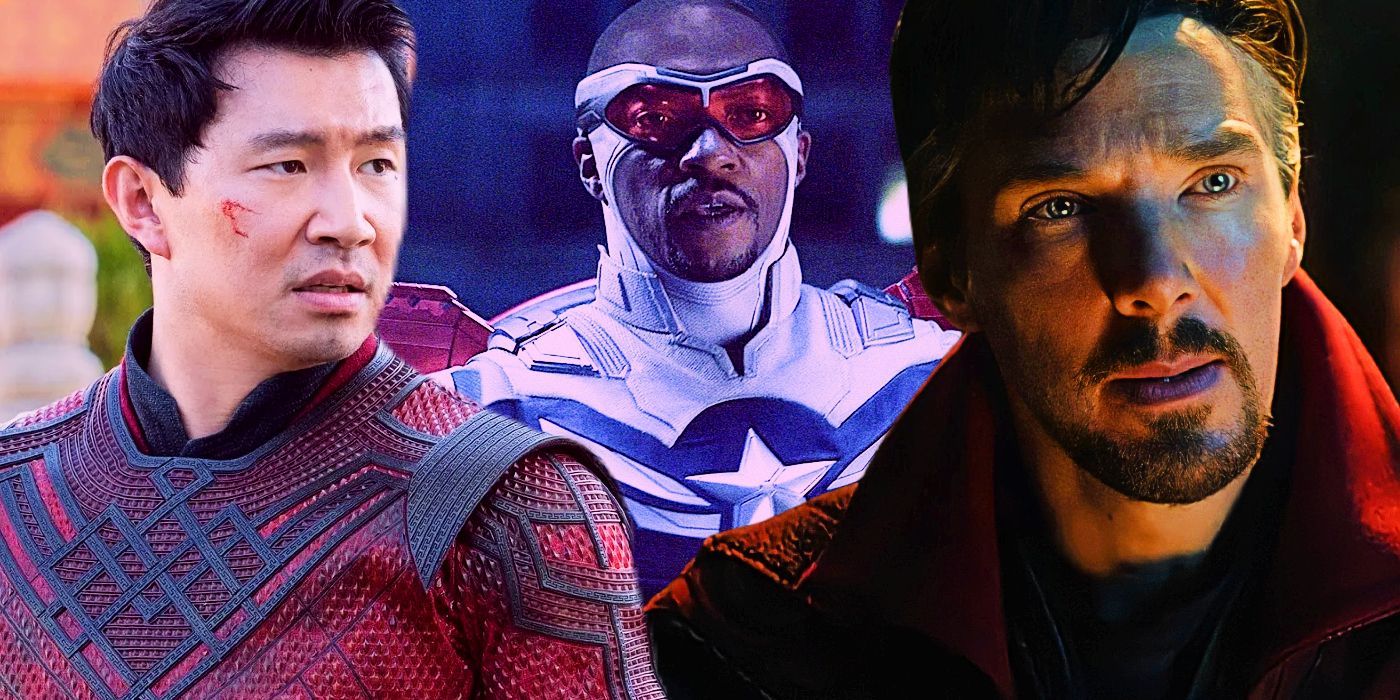The MCU's timeline has never been more confusing, but not because of the multiverse. With the back-to-back releases of Spider-Man: No Way Home and Doctor Strange in the Multiverse of Madness, keeping track of all the universes and variants has become complicated, but that might not be the biggest source of confusion for MCU audiences going forwards. Fourteen years after Iron Man, the MCU's impact on pop culture has become such that even the most casual audiences are interested in things like chronology and timeline of events in order to better experience the franchise.
Up until Avengers: Endgame, the MCU watching experience was restricted to theatrical releases, with a few exceptions loosely connected to the franchise, such as the ABC and Netflix's Marvel series (which now may or may not be considered canon). However, after the end of the Infinity Saga and the launch of Disney's streaming platform, the MCU began to include Disney+ shows, causing the number of installments in the franchise to grow exponentially. Each with a different degree of interconnectivity, every Disney+ MCU series is adding new characters and plotlines to the saga.
With the MCU theatrical releases becoming more regular following a pause due to the pandemic, combined with the release of several shows for Disney+, the chronology in the MCU Phase 4 has become difficult to follow. However, the fact that some shows and movies have had their release dates changed and the connections between certain releases have become weaker is more directly responsible for the MCU's Phase 4 timeline confusing. Originally, there was a logical succession of events in the Infinity Saga leading up to the confrontation against Thanos in Avengers: Infinity War, with just a few doubts about when each story took place, but now the MCU's timeline has become much more fluid. The multiverse may have made the franchise a bit harder for the casual viewer to understand, but it is the chronology of events that is really the trickiest part of MCU Phase 4.
MCU Phase 4 Releases Have Confusing Chronology
While Doctor Strange in the Multiverse of Madness picks up from where Spider-Man: No Way Home had left off, other MCU Phase 4 releases do not share that degree of interconnectivity in terms of chronology. In fact, not even Spider-Man: No Way Home and Doctor Strange 2 are great examples of Phase 4 having a solid timeline, as the latter was initially set to be released before the former. The original plan saw America Chavez, not Ned, who was going to be responsible for Maguire and Garfield's versions of Spider-Man appearing in the film. There were other cases of MCU properties swapping release dates thanks to the delays caused by the pandemic. The Falcon and the Winter Soldier, for example, was supposed to be the first Disney+ MCU series, but that privilege ended up going to WandaVision instead. Likewise, Black Widow was supposed to be released before The Falcon and the Winter Soldier, but that was changed because of the pandemic.
What is common in all those cases is that, in the end, changes in the release order did not have much of an impact on how each story was perceived. Apart from some script tweaks or slightly misplaced moments, such as Val showing up in The Falcon and the Winter Soldier as if audiences already knew her from Black Widow's post-credits scene, these changes to the release dates did not have many consequences for the MCU's timeline. This shows how less defined, and thus more confusing, the MCU chronology is becoming. Some releases such as Shang-chi and the Legend of the Ten Rings and Moon Knight could exist at any point in the MCU's timeline, and there are just a few hints that suggest when they are actually set with it only being background elements of Moon Knight that show that it takes place after Avengers: Endgame. That lack of a strict timeline of events does not seem to be exclusive to the releases previously mentioned, as Ant-Man and the Wasp: Quantumania and The Marvels were interchangeable enough to have their release date swapped.
The Connection Between Releases Is Getting Weaker
A cause but also a consequence of this more confusing chronology is the connection between the MCU's releases becoming weaker in Phase 4. If before all paths led to Thanos and the quest for the Infinity Stones, now there are so many plot lines happening at the same time that most of them are not intersecting with the other. For example, the setup of a Young Avengers movie or show, Val's possible Thunderbolt or Dark Avengers team, and the multiverse are all plotlines the MCU is developing, yet none of them necessarily means something to the other. Another great example is Moon Knight, which by far had the fewest connections to the broader MCU of any Disney+ show. Wong had just met and helped Shang-chi, and yet there is no mention of the Sorcerer Supreme's time away in Spider-Man: No Way Home nor in Doctor Strange 2. The Shang-chi post-credits scene also makes the Hulk's status in the MCU even more confusing, as the character was in his Smart Hulk form in Avengers: Endgame, then appeared in his human form in Shang-chi and the She-Hulk trailer.
Why The MCU's Timeline Is Becoming Fluid
With so much content being produced for both the big screen and Disney+, it is easy to understand why the MCU's timeline is becoming more fluid. In order to achieve the current number of movies and shows outputs, there is just no viable way for the MCU to keep every single bit of each story intrinsically connected with that of the others. Doctor Strange 2 director Sam Raimi, for example, has revealed that he was not able to watch WandaVision before making the film despite it continuing the Scarlet Witch story. With production timelines intersecting, it becomes a simple logistical issue for the timeline to remain as clear as it once was. A more fluid timeline can allow the MCU to develop a larger number of plotlines at the same time while also making sure the casual audiences do not feel alienated. The price, however, is a chronology that can come out as confusing. The MCU has never been a closer representation of the Marvel comic book universe than now, as multiple plotl ines and character arcs are taking place simultaneously and it can now be expected that not all will intersect with the others.








